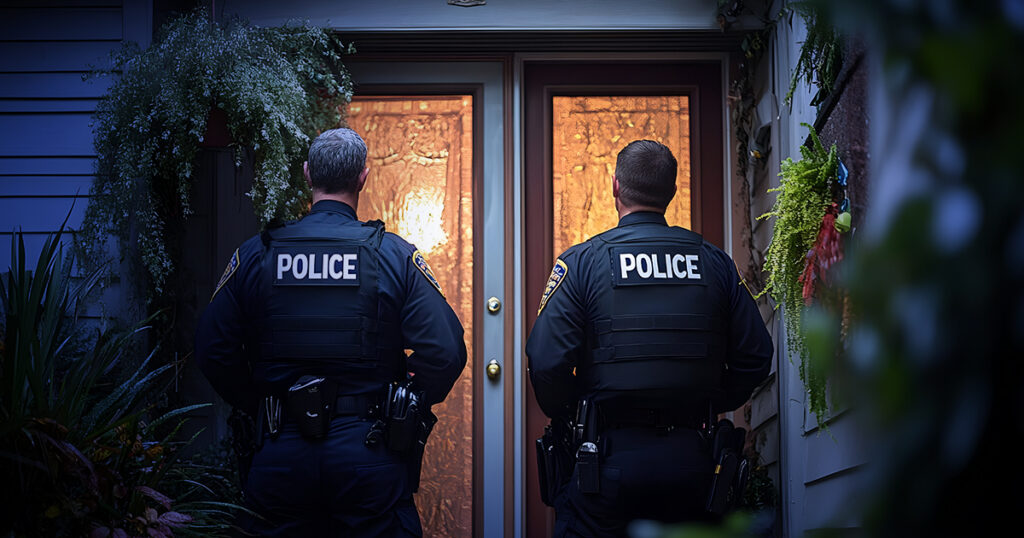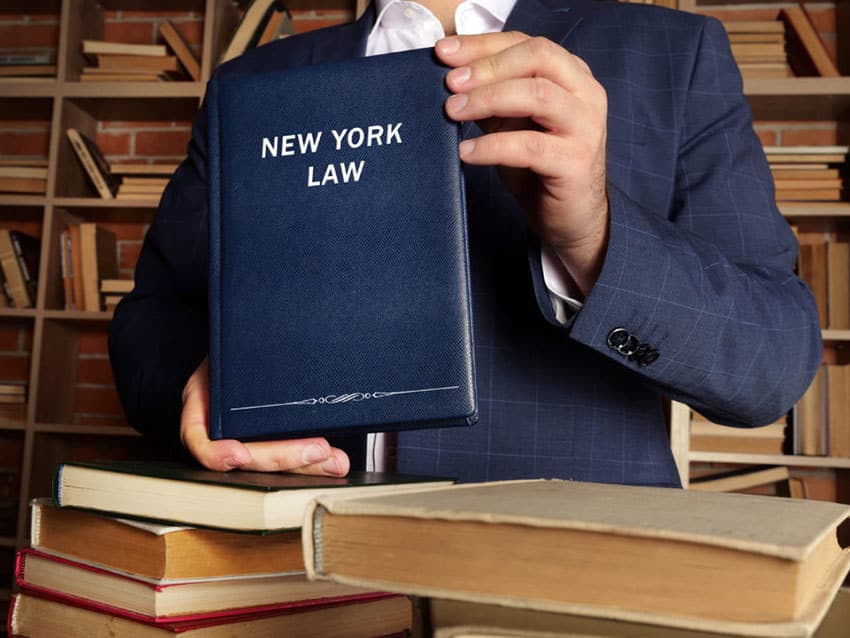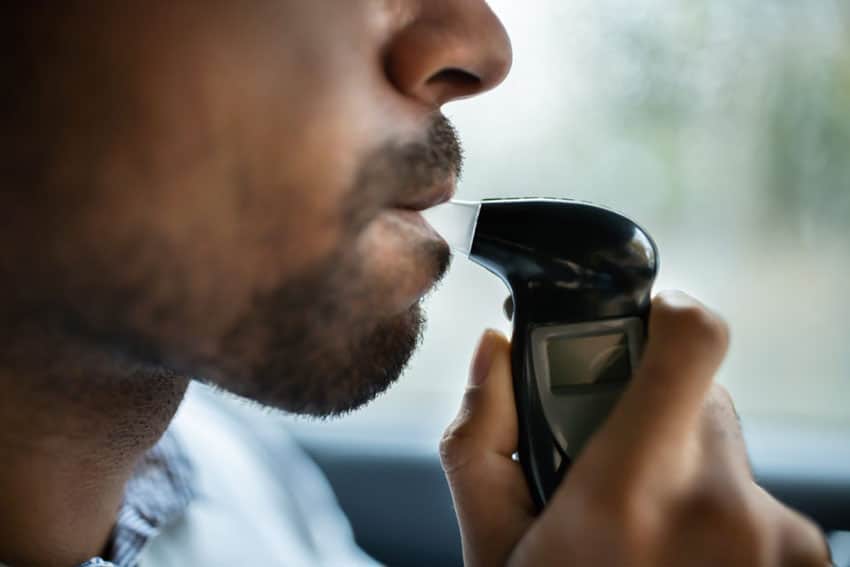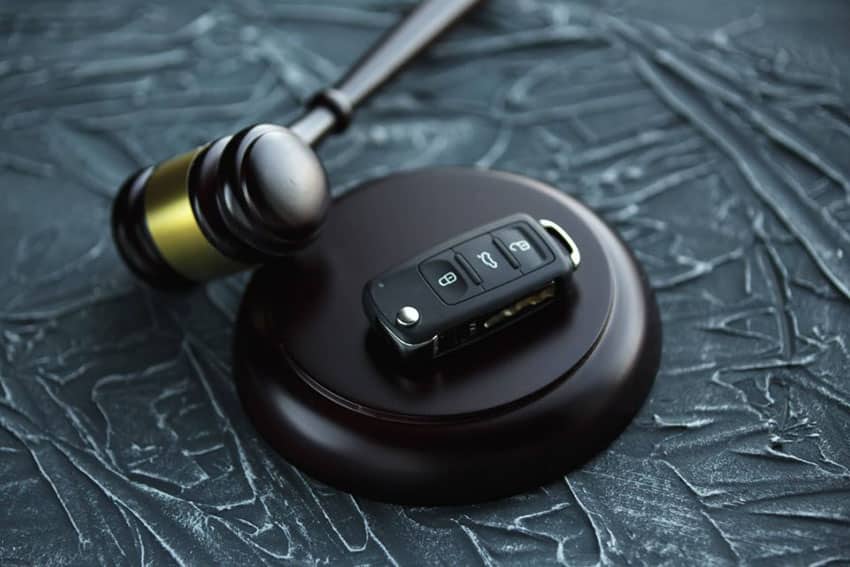In the state of New York, a DWI charge can result in house arrest.
House arrest and electronic monitoring is becoming a more common penalty for driving intoxicated (now known as DWI, not DUI) because it reduces jail crowding. It’s intended for low risk, minimum security, non-violent offenders. Violent offenders and those convicted of serious sexual offenses are normally excluded from house arrest programs.
Many low-risk DWI offenders who have been granted probation are eligible to participate in a house arrest program during their sentence under the direction of a probation officer.
House arrest can be imposed as a condition of pre-trial release, parole, probation, or sentence. Your restrictions can range from curfew requirements, to detention during non-working hours, to continuous incarceration in a person’s residence.
Types of house arrest programs
There are several types of house arrest programs. The kind you are sentenced to depends on the details of your case:
Curfew: In this type of program, offenders (often DWI offenders) are required to be at their residence during specified times, usually during the evening hours or weekends. This program usually involves supervision when you’re on probation or parole and there will be frequent contact between you and your parole officer.
Home detention: In this type of program, offenders are required to remain at home except for time set aside for activities such as education, employment, or treatment. The court usually restricts freedoms but may allow time for you to support your family or to earn victim restitution money. Home detention restricts your freedom more than the curfew program and your parole officer will have greater control over your activities.
Home incarceration: In this type of program, your home serves as a substitute for jail. Offenders under this type of house arrest must continuously remain at home with extremely limited allowances for religious services, medical emergencies and treatment. You are not allowed to shop, work or have visitors outside specified hours. In many cases, offenders may not even go into their own yards.
Electronic monitoring
House arrest for DWIs are often enforced through electronic monitoring. The most commonly used tool for this involves a tamper-resistant bracelet worn by the offender and linked to a computer terminal.
To make sure you’re obeying the restrictions of house arrest, authorities call you on the phone and ask you to insert the bracelet into the receiver. If you don’t have a phone, the probation officer can pass by your house with a special radio receiver. The transmitter can indicate if you’re within the home.
Alcohol monitoring
If you’re charged with or convicted of an alcohol-related DWI offense, the court may require abstinence from alcohol while your case is pending. It’s common in DWI cases for the court to make continued abstinence a term of probation. Some courts require DWI offenders to submit to random or daily breath testing, or to regularly attend Alcoholics Anonymous.
Another method courts in New York use to monitor abstinence of DWI offenders is the SCRAM (Secure Continuous Remote Alcohol Monitor) ankle bracelet. The SCRAM ankle bracelet monitors your blood alcohol level by measuring the ethanol migrating through the surface of the skin. The SCRAM ankle bracelet is worn continuously, takes continuous transdermal measurements, and transmits these measurements to a central monitoring facility.
What to do if you get house arrest from a DWAI?
The DWI Team at DWI Law Firm can help you go through every detail of your stop—why they pulled you over, how they tested you, and whether your rights were upheld. If there’s a weakness in their case, we can help you challenge it. If necessary, we’ll negotiate for what’s fair, keeping your license and record in mind.
FAQs
What crimes get you house arrest?
House arrest for a DUI (now known as a DWI) is typically granted as an alternative to jail time, depending on factors such as your prior offenses, BAC level, injuries, and state laws. In New York, house arrest is not a common penalty for first-time DWI offenders but may be considered.
Can you get house arrest for your first DUI?
Yes, depending on your case, a judge may determine to give you time on house arrest instead of jail time for a DUI (now known as DWI). Your case depends on factors such as your prior offenses, BAC level, injuries, and state laws.
Can you get house arrest for a DUI?
Yes, you may be given house arrest instead of jail time for a DUI (now known as DWI). Your case depends on factors such as your prior offenses, BAC level, injuries, and state laws.
How long is house arrest for DUI?
The amount of house arrest time you’ll serve depends on your case details. First time, low level offenders who caused no injuries typically serve 30-90 days, but up to a year. More aggravated offenses, such as multiple violations, aggravated DWIs, or DWIs causing injury can be issued house arrest up to several years or serve jail time.
What rules do I have to follow on house arrest for a DWI?
Conditions of house arrest for DUI/DWI depend on your case. At a minimum, if you’re placed on house arrest, you can expect to:
- Wear an ankle monitor (GPS tracking)
- Stay at home except for work, school, rehab, or court-approved activities
- Submit to random alcohol and drug tests
- Attend DUI education programs or AA meetings
- Use an ignition interlock device (IID) in the car
The attorneys at the law firm of DWI Team Defense Attorneys are experienced in handling DWI cases. If you need a DWI lawyer who can help you obtain the best possible outcome in your DWI case, call the law firm of DWI Team Defense Attorneys.
The exclusive purpose of this article is educational and it is not intended as either legal advice or a general solution to any specific legal problem. Corporate offices for DWI Team Defense Attorneys are located at 432 N. Franklin Street, Suite 80, Syracuse, NY 13204; Telephone No.: 1-866-792-7800. Prior results do not guarantee a similar outcome. Attorney Advertising.













